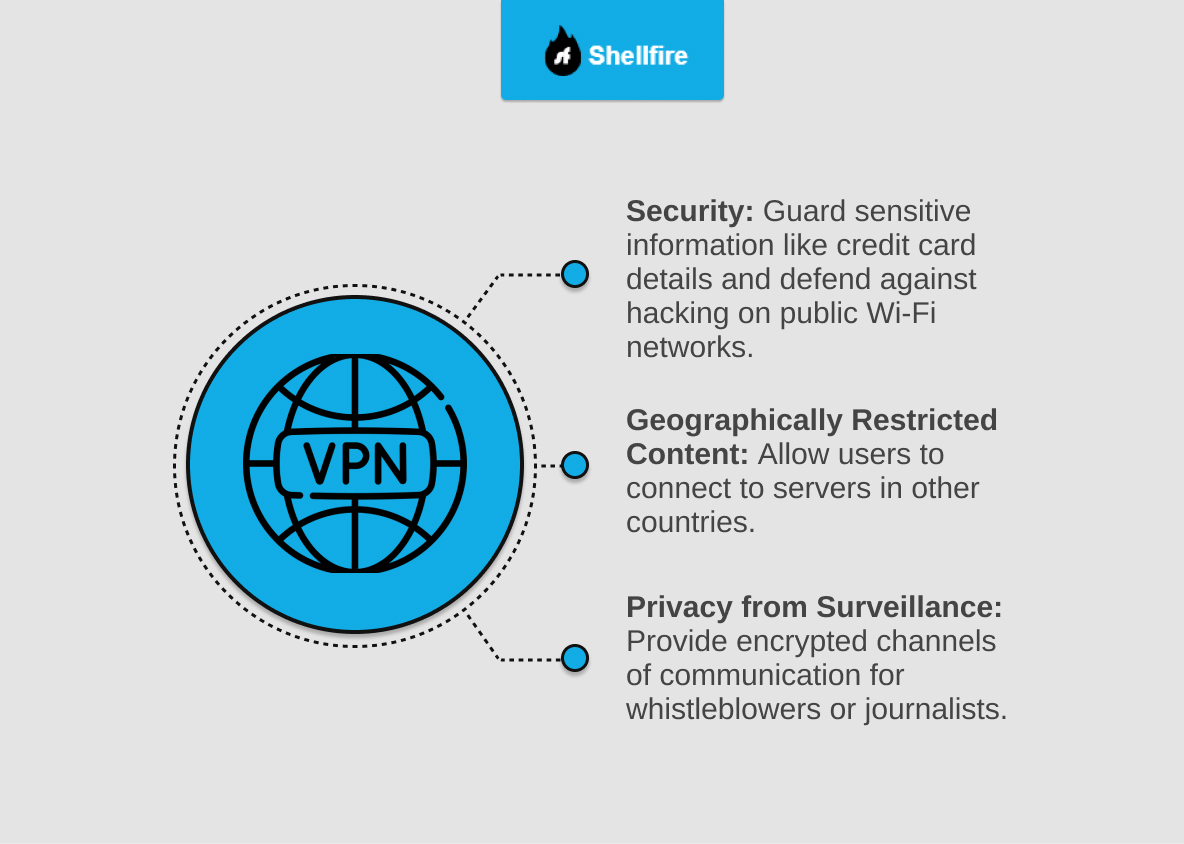Philippines VPN: Enhance Your Online Security
The Philippines, celebrated for its stunning beaches, diverse culture, and warm hospitality, also sees a growing community of netizens embracing the digital age.
Although the Philippines doesn’t enforce severe online censorship, some limitations and surveillance concerns persist. To overcome these digital challenges, many Filipinos rely on VPNs.
Table of Contents
Key Facts
- Internet freedom in the Philippines has been debated due to incidents involving surveillance and occasional online restrictions.
- VPNs are frequently used tools in the country to ensure online privacy and protection against digital vulnerabilities.
- While VPN use in the Philippines is legal, it’s essential to use them with discretion and avoid engaging in illegal activities.
Why is VPN Access Beneficial in the Philippines?
While the Philippines typically embraces internet freedom, concerns about data privacy, digital threats, and sporadic online restrictions render VPNs indispensable for numerous users.

1. Cybersecurity Concerns
The rise of cyber threats, from hacking to phishing schemes, impacts countries worldwide, including the Philippines. With growing online commerce and interactions, VPNs can:
- Defend personal details and financial data.
- Protect users from potential hacking attempts, especially on unsecured Wi-Fi networks.
Protect yourself online with Shellfire VPN now!
2. Privacy from Surveillance
Some instances of online surveillance have been reported in the Philippines. With a VPN, users can:
- Hide their online behaviors, making it challenging for anyone trying to monitor their digital tracks.
- Ensure encrypted communication for privacy-focused individuals and professionals.
3. Access to Geographically Restricted Content
Whether catching up on international shows or evading local online blockades, a VPN in the Philippines allows users to:
- Connect to global servers, unveiling a plethora of content.
- Achieve uninterrupted streaming of international shows without lag.
Instructions: Philippines VPN with Shellfire
For smooth and private internet access in the Philippines, a VPN can enhance both security and freedom online.
Shellfire VPN
By using a VPN, you can connect to a Philippine server or any global one, simulating a local or overseas IP for uninterrupted browsing. For this purpose, we recommend the reliable Shellfire VPN. Steps include:
1. Download the required software:
2. Follow the installation steps.
3. Launch the VPN app and select a desired server.
4. Dive into a world of unrestricted internet in the Philippines.
Experience a safer and more liberated web with a VPN. Get started now!
Shellfire Box: Your All-In-One VPN Hardware Solution
Seeking an all-encompassing VPN solution beyond software? The Shellfire Box stands tall:
- Hardware-Centric: A dedicated device, minimizing software issues and promising stable performance.
- Easy Setup: No advanced skills needed. Connect, set it up, and you’re good to go.
- Broad Compatibility: Integrates seamlessly with everything from gaming consoles to streaming devices.
- Consistent Performance: Experience uninterrupted VPN coverage without speed drops.
- Durable Investment: Beyond routine software patches, this box provides lasting security.
Find out more about the Shellfire Box now!
Enhance Your Online Journey
With a VPN, online experiences can be boosted, from evading ISP throttling, enjoying seamless gaming, to accessing expansive content libraries globally.
Is Using a VPN Legal in the Philippines?
Indeed, VPNs are legal in the Philippines. However, it’s crucial to understand that while VPNs can conceal your actions, illegal activities are still prohibited, whether using a VPN or not.
Conclusion
While the Philippines isn’t notorious for stringent online regulations, challenges in the digital space, from cybersecurity threats to occasional surveillance issues, make VPNs essential for many users.
Whether safeguarding data, retaining privacy, or craving unrestricted content access, a VPN is the answer to a safer and more free web experience in the Philippines.

